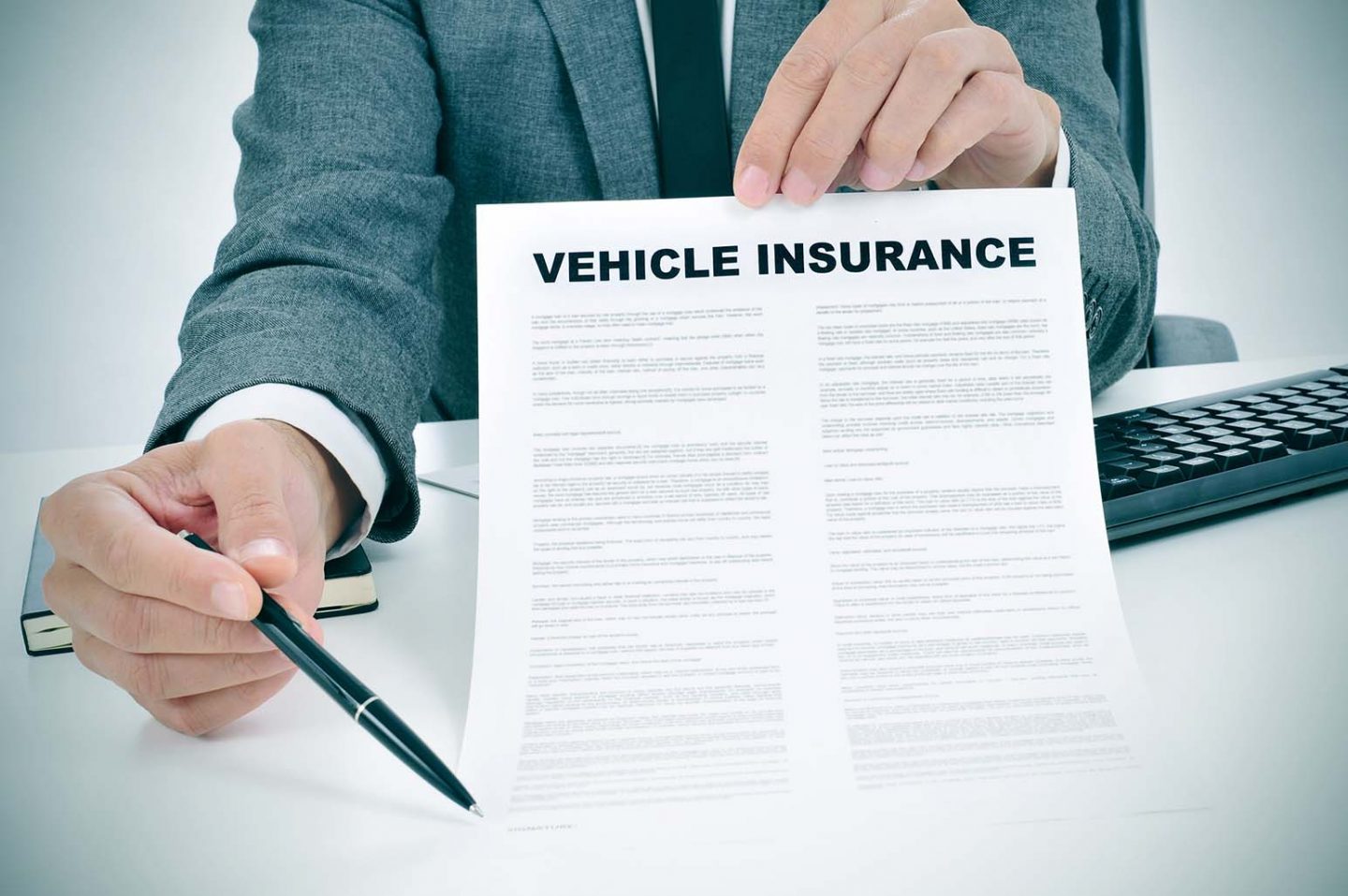There are so many different types of insurance policies that it can be difficult to know how to choose. It can be very simple where you just leave it up to your insurance agent. Yet, the more you know about policies the less likely you will end up overpaying for too much insurance.
Unless you are buying a new car that you will be financing, you are free to choose whatever policy you like. As long as you are over the state-mandated minimum insurance. In this article, we will go over how to choose the right policy for your needs.

1 – Read the reviews
Besides the policy, you should be choosing the right insurance company. The problem is that they are not all the same. Decide what factors you are looking for in a company such as customer service, payment options, and the possibility of discounts.
There are many companies that fall short in one or more of the areas that are important to you. Reading Progressive car insurance reviews will give you an idea of how the company operates and let you know if it is going to work for you.
Once you settle on a company that you feel comfortable insuring your car with, then you can dive in and see if they have the right policy for your needs.
2 – Collision
Collision coverage in a policy is what you need that will cover you if you are at fault for an accident. It can cover the damage to the other vehicle and any bodily injuries as well as your own depending on what type of liability you opt for. There is a state minimum for collision and often it is required.
A good rule of thumb is to have a 100/300/100 ratio for coverage. This means that you have $100,000 of coverage for bodily injury to the other driver if you are at fault. Then $300,000 as a limit for all injuries in the other vehicle. Finally, $100,000 for damage to the other vehicle.
You can even add liability coverage for any damage to your car or your own injuries even if you caused the accident.
3 – Comprehensive
Comprehensive insurance is coverage beyond what happens in an accident. For instance, if you have weather-related comprehensive coverage and there is a hail storm, for instance, then any damage will be paid for by your insurance company.
There are a lot of variables here that cover everything from windshield damage to hit and run coverage so think about what your needs are. If you live in an area where the roads are bad and you are in danger of damage to your suspension then opt for that coverage but not if the roads are in good shape.
You can easily overspend on comprehensive insurance so you need to evaluate your situation to know what would be a wise investment for coverage and what would likely never be needed.
